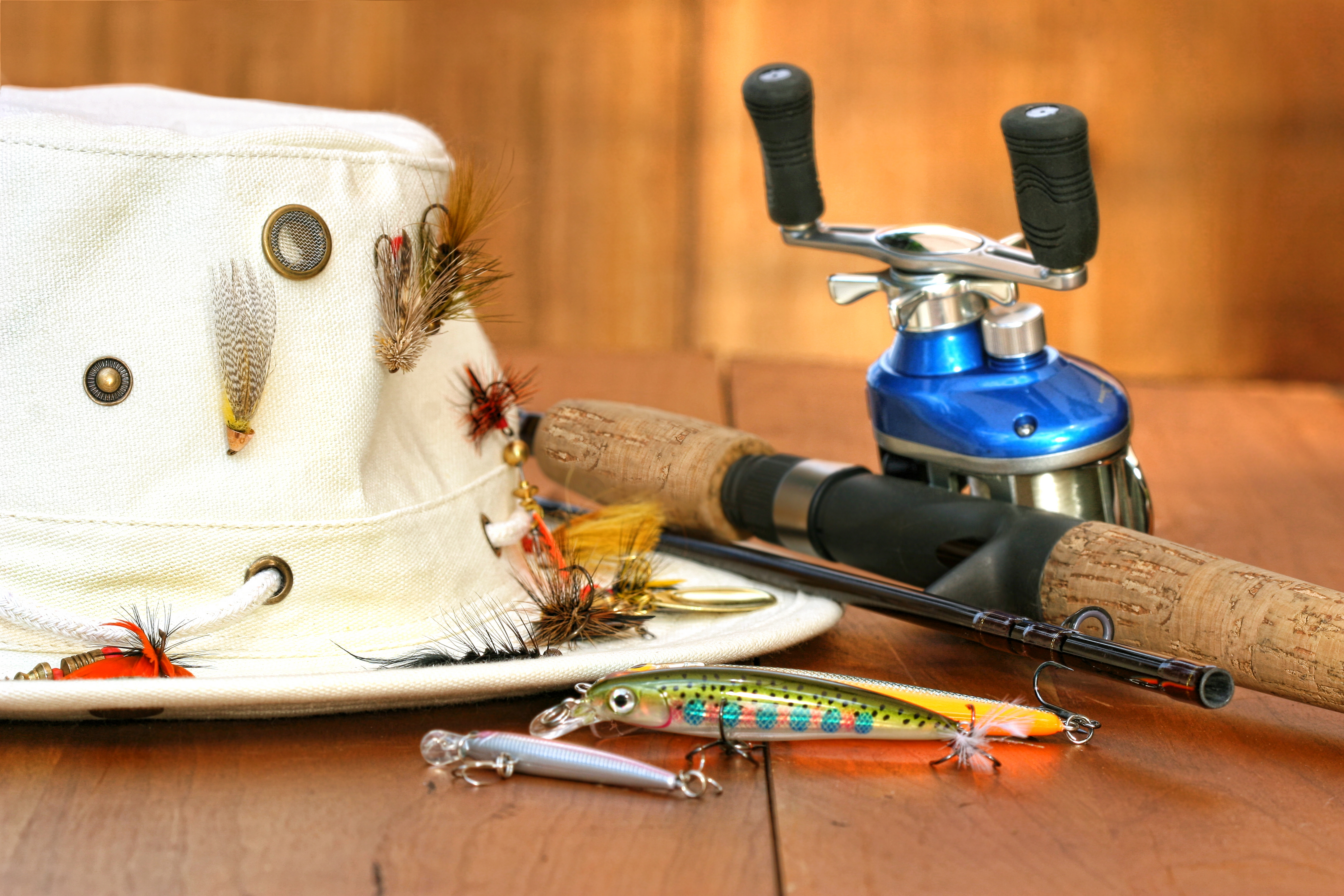by David Hulsey

Our warm water ponds, lakes and rivers are also fishing better early and late in the day. Bass and bluegill are still whacking poppers on the surface along with jumping on deep stripped streamers when the sun gets up high in the sky. Quietly fish around any visible cover that may provide a little shade. Carp fishing in the middle of the day when they are most visible is good right now. The mud flats on our mountain lakes is the place to be. Flies looking like a small crawfish or Damselfly Nymphs are your best bet with the golden ghost.
July is also the beginning of “hopper season” in the Western states. Fly anglers in droves are packing their bags and heading to the Rockies for the most exciting fly fishing of the year. Big rainbows and browns crashing hopper patterns on the surface is a heart stopping event that every angler should experience once in their life! Cool temperatures with low humidity is another good reason to run from the Southern states at this time of year. Large foam hopper and beetle patterns are the flies to have if you head west this summer.
Give us a call at 706-838-0585 to book your trip of a lifetime or to get on your own journey in learning how to fly fish! Check out our website at www.ncfga.com.